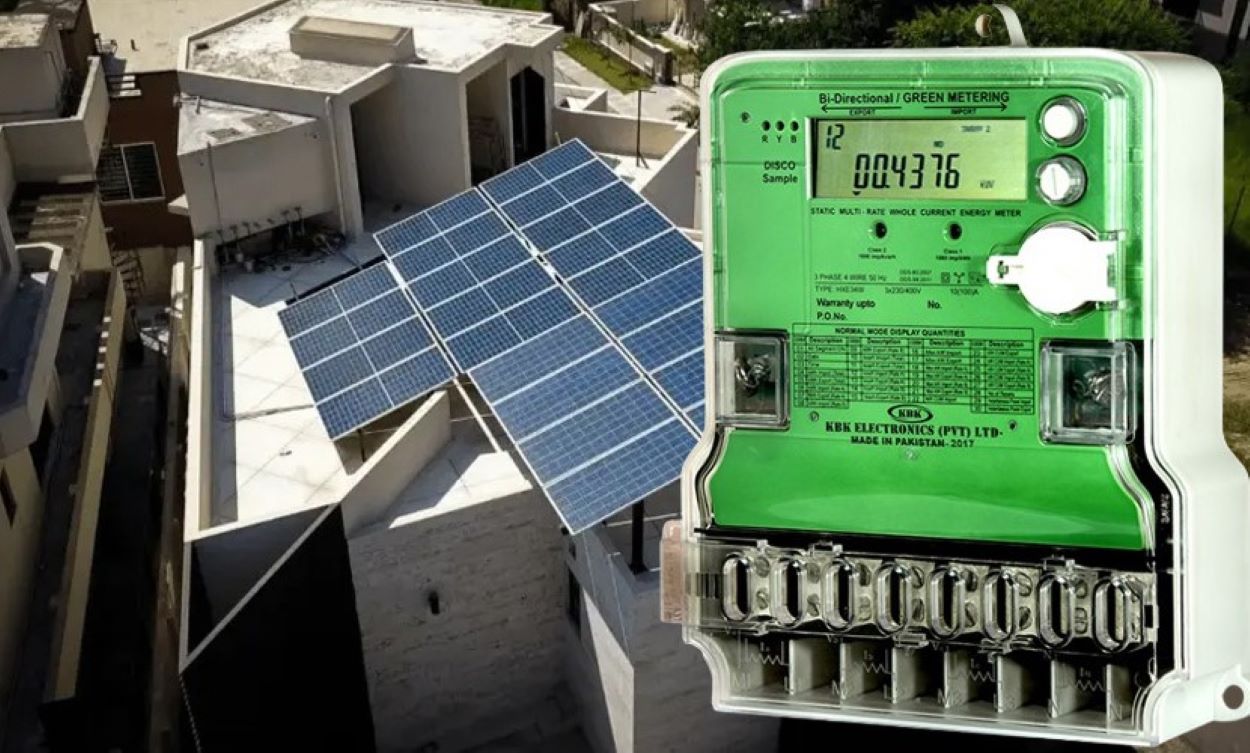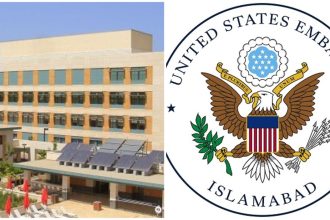The federal government is considering a major cut in the solar net metering tariff, which could potentially discourage rooftop solar installations nationwide.
The proposed rate adjustment aims to align with falling global prices for solar panels and batteries. However, it has alarmed renewable energy supporters.
Solar system owners earn over Rs21 per unit of electricity they supply to the national grid. The proposed rates could slash this to between Rs7.5 and Rs11 per unit, more than halving the current compensation.
New Tariff Structure
Under the proposed changes, the value of electricity exchange would shift—currently, two units of solar-generated electricity equal one grid unit. The new proposal would change this to six solar units for one grid unit.
Solar consumers would then sell their surplus electricity at Rs7.5-11 per unit while paying Rs60 per unit for grid electricity during nighttime or peak hours.
Impact on Solar Adoption
These tariff changes are expected to lessen the financial appeal of rooftop solar systems, deterring new installations and possibly slowing Pakistan’s move towards renewable energy. Advocates warn that this could hinder investment in a sector known for its cost-effectiveness and environmental benefits.
The adjustments follow IMF concerns about Pakistan’s swift rise in solar energy use. The IMF fears this could disrupt the nation’s agreements with existing power producers, which is crucial to its energy policy.
Energy experts warn that the proposed changes could undermine the government’s renewable energy targets. “This move sends a discouraging message to potential clean energy investors,” said a renewable energy specialist. “While rising electricity prices made solar energy an attractive option, these adjustments could reverse that trend.”






